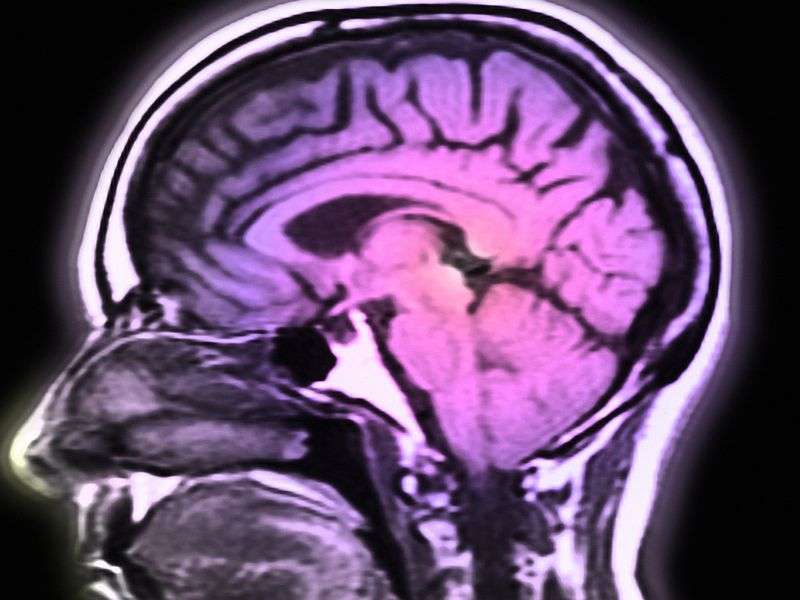Insufficient sleep may lead to increased risk-taking behavior

(每日健康)慢性睡眠不足可能会导致risk-seeking behavior, according to a study published online Aug. 21 in theAnnals of Neurology.
Angelina Maric, from University Hospital Zurich, and colleagues assessed financial risk-takingbehaviorafter seven consecutive nights ofsleep restrictionand after one night of acute sleep deprivation versus a regular sleep condition in a within-subject design.
The researchers found that chronic sleep restriction increases risk seeking, although this was not observed after acute sleep deprivation. This increase was unnoticed subjectively but was measured by locally lower values of slow wave energy during preceding sleep, an electrophysiological marker of sleep intensity and restoration, in electrodes over the right prefrontal cortex.
"In chronically sleep restricted subjects, low slow wave sleep intensity over the right prefrontal cortex—which has been shown to be linked to risk behavior—may lead to increased and subjectively unnoticed risk seeking," the authors write.
Explore further
完整的Text (subscription or payment may be required)
Copyright © 2017HealthDay. All rights reserved.














